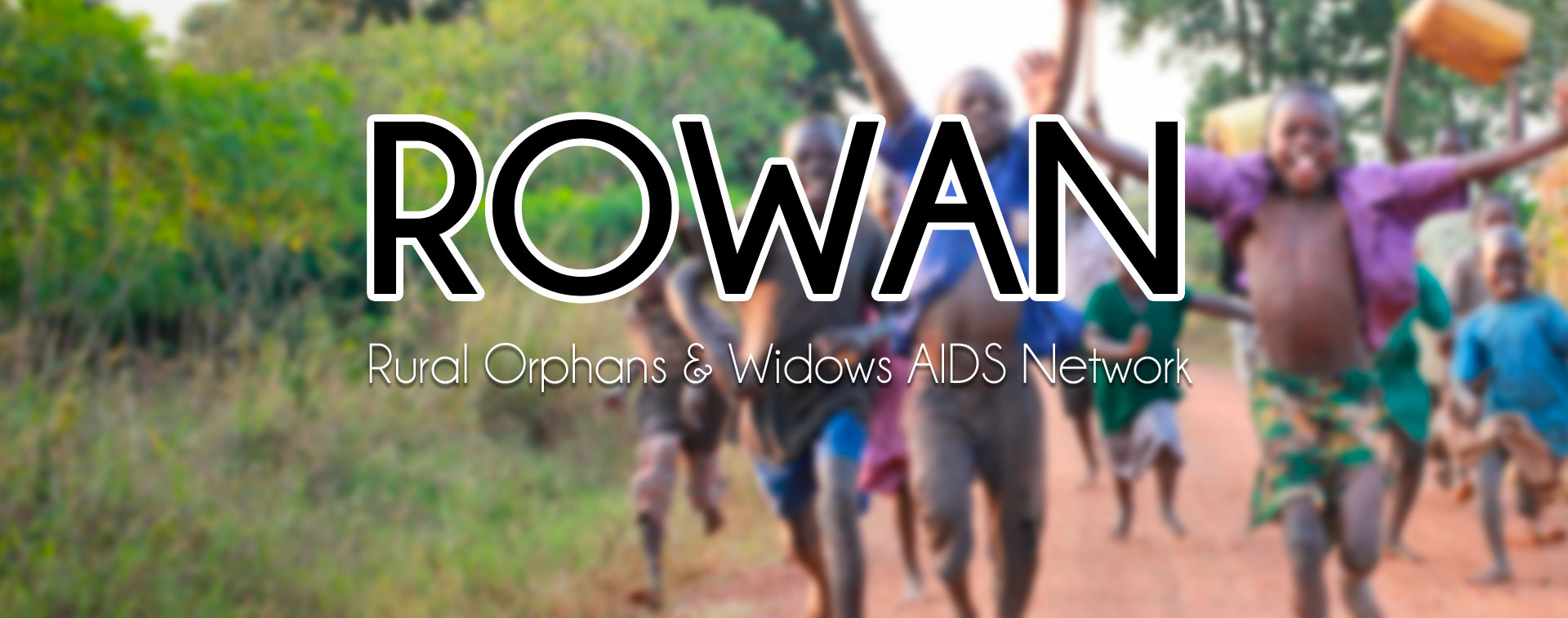
So you all know we are ROWAN and what that stands for (Rural Orphans & Widows AIDS Network). But I’ve discovered here and abroad that there is so much stigma surrounding the terms “HIV positive” or “AIDS”. There are so many questions that go unanswered and people often just accept what they hear as truth. I wanted to take some time and address just a few of those questions you might be asking. I know my family and friends had concerns when I headed halfway across the world on a volunteer trip to Uganda. So here is a quick crash course on HIV/AIDS and some commonly asked questions.
What is AIDS? What causes AIDS?
AIDS stands for Acquired Immune Deficiency Syndrome.
An HIV-positive person receives an AIDS diagnosis after developing one of the CDC-defined AIDS indicator illnesses.
Over time, infection with HIV (Human Immunodeficiency Virus) can weaken the immune system to the point that the system has difficulty fighting off certain infections. These types of infections are known as opportunistic infections. Many of the infections that cause problems or that can be life-threatening for people with AIDS are usually controlled by a healthy immune system. The immune system of a person with AIDS has weakened to the point that medical intervention may be necessary to prevent or treat serious illness.
What is the Difference Between HIV and AIDS?
HIV is the virus that causes AIDS.
H – Human: because this virus can only infect human beings.
I – Immuno-deficiency: because the effect of the virus is to create a deficiency, a failure to work properly, within the body’s immune system.
V – Virus: because this organism is a virus, which means one of its characteristics is that it is incapable of reproducing by itself. It reproduces by taking over the machinery of the human cell.
A – Acquired: because it’s a condition one must acquire or get infected with; not something transmitted through the genes
I – Immune: because it affects the body’s immune system, the part of the body which usually works to fight off germs such as bacteria and viruses
D – Deficiency: because it makes the immune system deficient (makes it not work properly)
S – Syndrome: because someone with AIDS may experience a wide range of different diseases and opportunistic infections.
Can I get HIV from casual contact?
No. HIV is not transmitted by day to day contact in the home, the workplace, schools, or social settings. HIV is not transmitted through shaking hands, hugging or a casual kiss. You cannot become infected from a toilet seat, a drinking fountain, a doorknob, dishes, drinking glasses, food, or pets.
How long does it take for HIV to cause AIDS?
Currently, the average time between HIV infection and the appearance of signs that could lead to an AIDS diagnosis is 8-11 years. This time varies greatly from person to person and can depend on many factors including a person’s health status and behaviors. Today there are medical treatments that can slow down the rate at which HIV weakens the immune system. There are other treatments that can prevent or cure some of the illnesses associated with AIDS. As with other diseases, early detection offers more options for treatment and preventative health care.
Is there a cure or any kind of treatment for HIV/AIDS?
The CDC National AIDS Hotline can offer practical information on maintaining health and general information about a wide variety of treatments, including antiretrovirals and prophylaxis for opportunistic infections
Information taken from: aids.org






